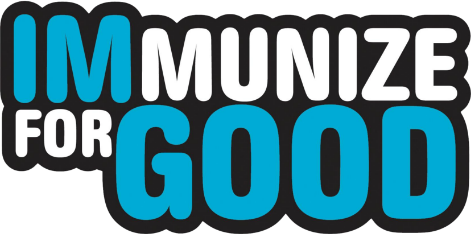Fact or Fiction?
Big Pharma
FACT: Vaccines aren’t a big money-maker for doctors and pharmaceutical companies.
Doctors often lose or make very little money on vaccines.
The cost of giving vaccines is often more than the amount that insurers and health plans reimburse physicians for them. Doctors’ offices have costs for staffing, supplies, and utilities. Even if a doctor gets paid back for giving a vaccine, the costs of storing them and providing them can offset any profit. Physicians are experts in kids’ health. They make recommendations based on research and their years of study and experience treating illness. Doctors know well the many proven, life-saving benefits of vaccines. Their only incentive to recommend and give vaccines is to keep your child healthy. They want to protect your child and your family from infectious diseases and any long-term health problems a disease might cause.
The money pharmaceutical companies make from vaccines is a small portion of their revenue.
Vaccines are produced and sold by pharmaceutical companies. These companies are for-profit and make money on the medications they develop. They make most of their money from selling medicines that treat diseases and other health conditions. People take these medicines after they get sick. In 2022, pharmaceutical companies reported $605 billion in revenue. Of that revenue, just $1 of every $12 was from vaccines.
Here is another way to think about this: people take most medicines long-term, so pharmaceutical companies can rely on selling multiple doses per person. But vaccines, even those given in a series of doses, are given once (or once per year for vaccines like flu and COVID-19). For instance, the cost of the three hepatitis B vaccine doses kids need totals $81 ($27 per dose). But the cost of hepatitis B medication to treat hepatitis B infection is roughly $11,500 annually. Pharmaceutical companies make more money from medicines that treat diseases than from vaccines that prevent them.
Pharmaceutical companies do make money from vaccines, but less than they do from medicines that treat cancer and diabetes. Other companies that make products to prevent injuries, like car seats and bike helmets, also make money from those products. These companies have costs, like labor, parts, and staff. Pharmaceutical companies are no different.
Vaccines actually save money.
For every $1 spent on childhood vaccination, the U.S. saves $10.90 in healthcare costs because of illnesses prevented. And for the 3.6 million infants born in the U.S. every calendar year, routine vaccines save $63.6 billion in societal and healthcare costs.
Additionally, when you get a vaccine, it is almost always free to you. Routine childhood vaccines are considered preventive care. This means they are required by law to be covered by insurance without a copay or deductible. And kids without health insurance can get free vaccines through the Vaccines for Children program. But treatments for vaccine-preventable diseases are not free. Even with insurance, they can be costly. For example, a single case of measles can result in direct medical charges of between $14,000 - $16,000. It is always cheaper to prevent a disease than to treat it.
We need vaccines (and the people that make and give them).
The bottom line is that vaccination saves lives. Doctors encourage vaccination to help keep your child in health, not for their own profit. And if vaccine manufacturers didn’t make at least some money from vaccines, they would not have incentive to keep creating them. In this case, we might still see cases of diseases that, thanks to vaccines, are now rare.
